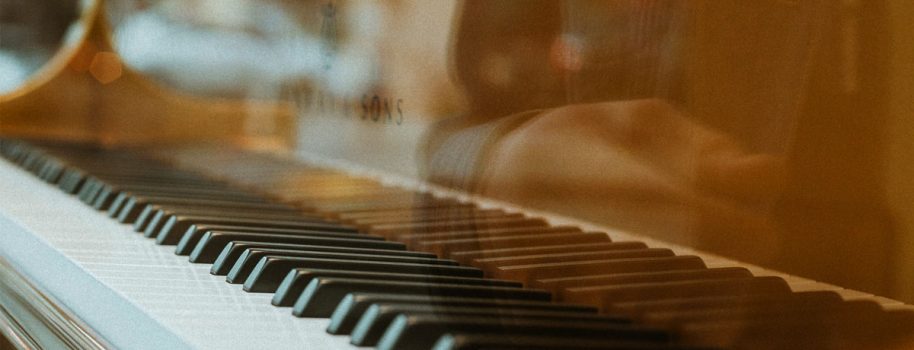Do you dream of a Steinway & Sons piano, but don’t know how to start your search? Have you looked through the available offers and you’re wondering HOW to buy the best Steinway piano?
This article will tell you what you should pay attention to when buying a Steinway piano. Based on the knowledge of our salespeople that have gathered experience in the industry over the years. We have selected for you the 9 most important things you need to know before buying a Steinway piano. They will help you to assess whether a given piano is suitable for you and the price is adequate to the quality of the piano.
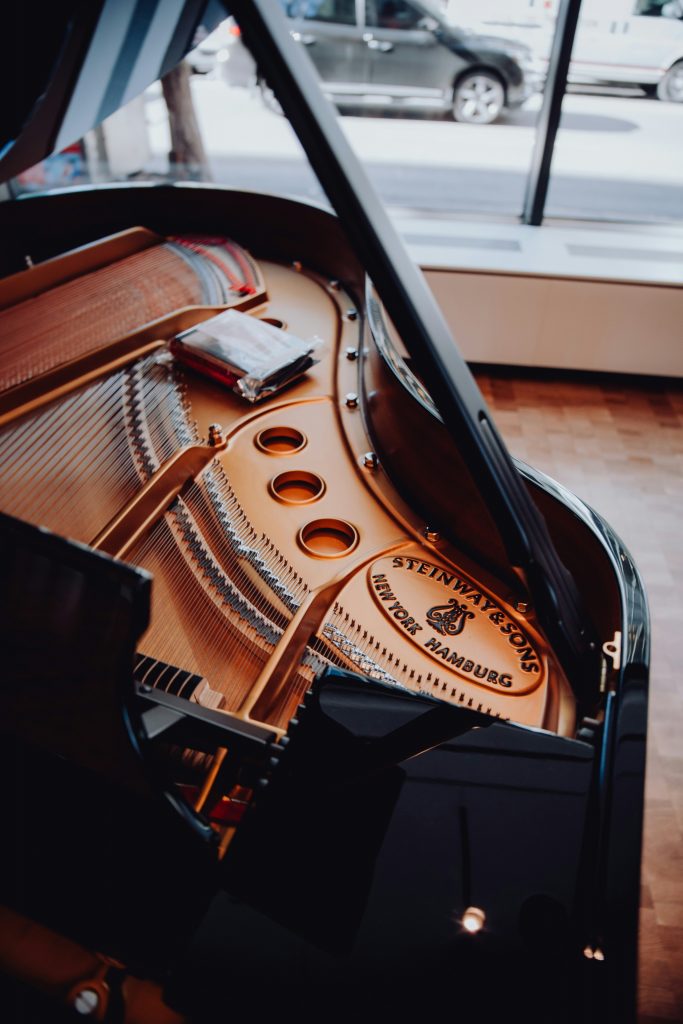
Many pianists dream of a Steinway & Sons piano because of its reliable quality, top-quality materials and sound that impresses connoisseurs around the world. It is not without reason that many famous concert artists choose this brand.
Buying a Steinway piano step by step…
1. Determine your budget for purchasing the piano
2. Think about whether you prefer to invest in a new or used piano
3. Make sure that the model is designed for the function it is intended to perform
4. Check the year of manufacture of the piano
5. Determine the place of production: Hamburg or New York?
6. How many keys does the selected piano have?
7. Has the piano been renovated? What condition is it in?
8. Verify the reputation of the seller
9. Can you buy the Steinway piano without testing it?
1. Determine your budget for purchasing the piano
It is worth considering twice before making such an important decision as buying a piano that often serves several generations. If your budget only allows you to buy an older, perhaps neglected Steinway piano. I think you should consider buying a new Essex or Boston piano. These are manufactured by Steinway using the same technology, as a high-end but much cheaper alternative. Buying a new or professionally restored Essex or Boston grand piano can save you money and you can also enjoy a beautiful sound. You should also consider buying an upright piano instead of a grand piano. If your needs are at home practice level and the space at home is limited.
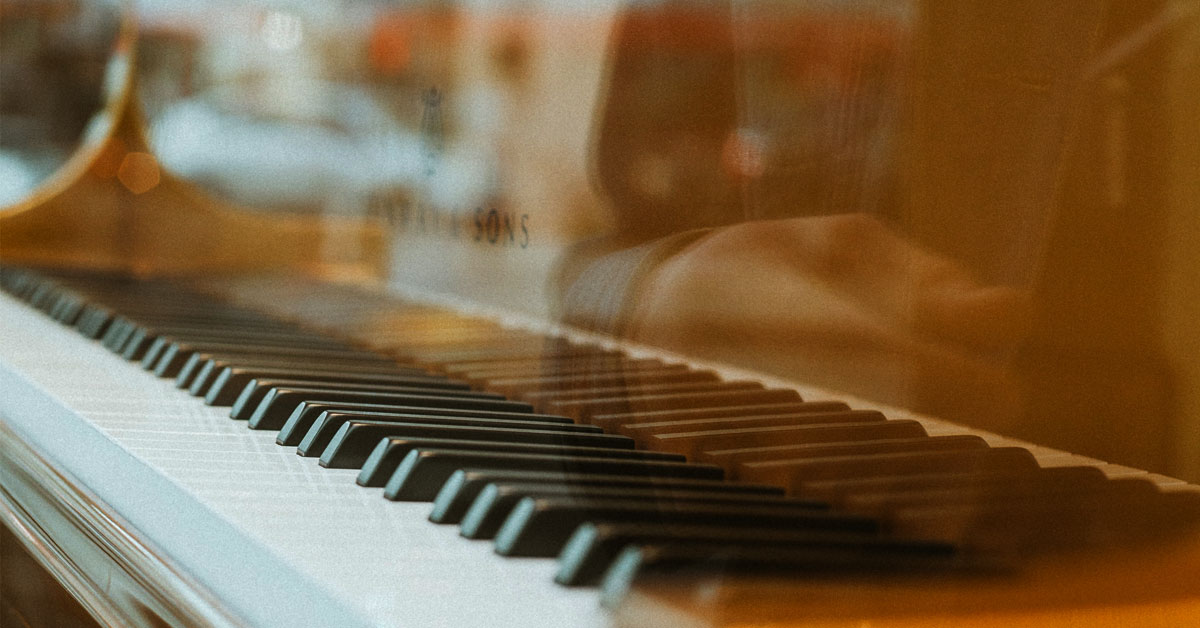
2. Think about whether you prefer to invest in a new or used piano
It depends mainly on your budget and your preferences. If your budget allows you to buy a new Steinway piano, this is usually the best and safest choice. Steinway takes great care of its dealer network and you can be sure to receive excellent service. However, if a new Steinway is too expensive for you, consider buying a used Steinway piano. Remember that they lose value much slower than new pianos and you can find a wide selection of new and used, good quality pianos in the Klaviano search engine.
If you want to compare the market prices of Steinway upright and grand pianos, please have a look at the Klaviano search engine. At the time of writing this article, there are 694 Steinway pianos available! Which can be purchased from professional dealerships as well as individuals around the world.
3. Make sure that the selected model is designed for the function it is intended to perform
Steinway has a wide range of pianos in its offer, each with a dedicated purpose. Steinway grand pianos can be classified using their length. While the height of the instrument is used to classify upright pianos. This particular article helps you choose a Steinway grand piano. But if you want to know more about Steinway upright pianos, please refer to the article on this page. So back to grand pianos, Steinway produces grand pianos in 8 different sizes. The shortest one – the S-155 is 155cm (5ft) and the longest one – the D-274 is 274cm (9ft).
List of Steinway grand piano models:
Baby grand piano Steinway model S-155 (5’1″)
Steinway model M-170 (5’7″)
Living room grand piano Steinway model L-179 (5’11″)
Steinway model O-180 (5’11″)
Steinway model A-188 (6’2″)
Semi-concert grand piano Steinway model B-211 (6’11″)
Semi-concert grand piano Steinway model C-227 (7’5″)
Concert grand piano Steinway model D-274 (9’)
If you do not have much space, we recommend the S, M or O model. Semi-concert – Steinway B and Steinway C will give elegance to more spacious facilities. The iconic Steinway D will make many concert halls and philharmonics proud.
4. Check the year of manufacture of the piano
If you have already decided on a specific model, it is time to compare the pianos in terms of their age. The year of manufacture of a Steinway grand piano is one of the main factors influencing price and value. The older the piano, the cheaper it should be. However, pianos of considerable historical value or undergoing professional restoration are an exception to this rule.
5. Determine the place of production: Hamburg or New York?
Currently, one of the main production objectives of Steinway is to standardize the quality of production. However, it is true that in the past, there have been significant differences in the quality of individual components. It is important to know that there is a tendency on the market to price Steinway pianos produced in the European factory in Hamburg higher than those produced in New York. In the opinion of many people, the difference is not noticeable – thanks to increased quality control, both factories now produce excellent pianos and the differences in the quality of the individual components have been levelled out.

Hamburg pianos are often described as having a warm, romantic and expressive sound. They are often preferred by pianists who play romantic and classical music. New York pianos are often described as having a stronger, brighter and more projective sound. They are often preferred by pianists who play concert music and need a more powerful sound. The final choice between a Steinway Hamburg and Steinway New York depends on what sound and sonic characteristics are most important to you. And the type of music you plan to play on the piano.
6. How many keys does the selected piano have?
If you’re serious about piano playing, don’t buy an instrument that has 85 keys. The last Steinway piano with 85 keys was made in the late 19th century. But if you care about the brand and you want to save money, this piano is a good alternative.
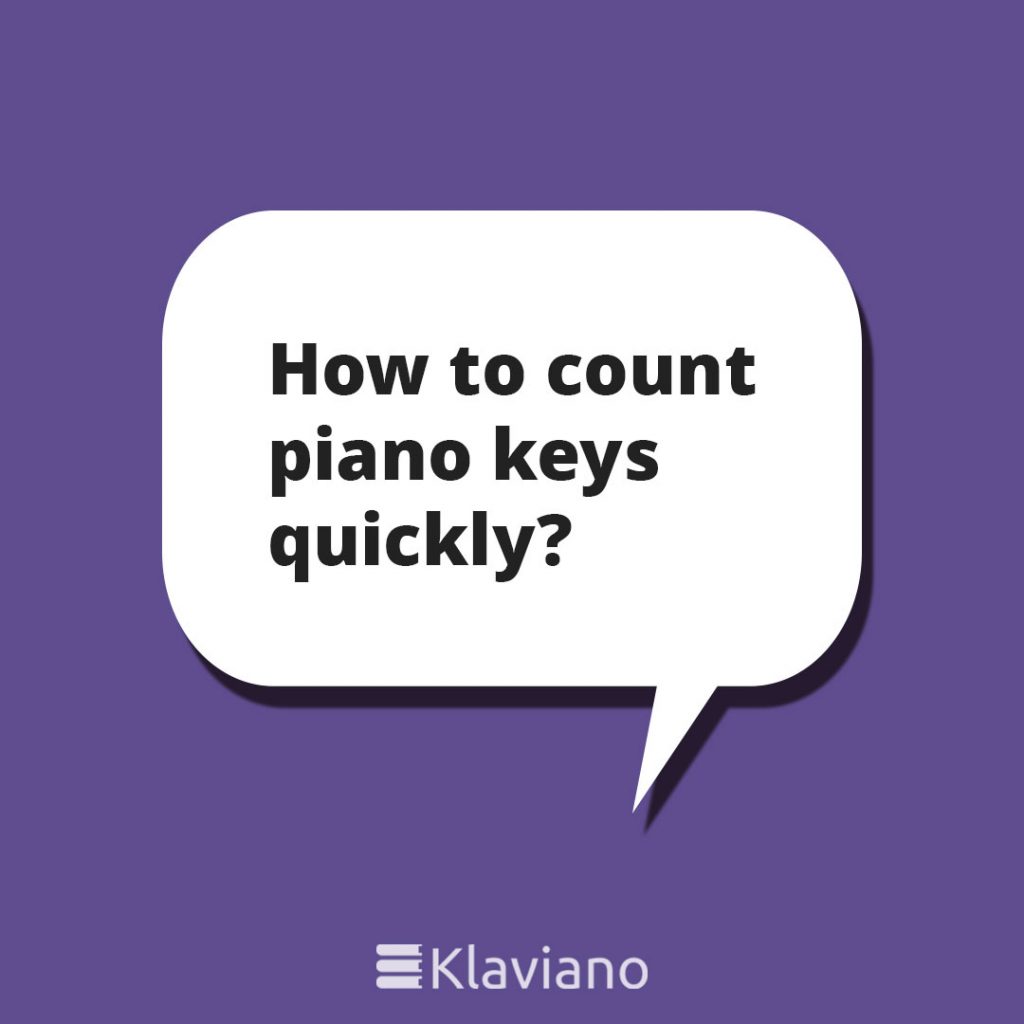
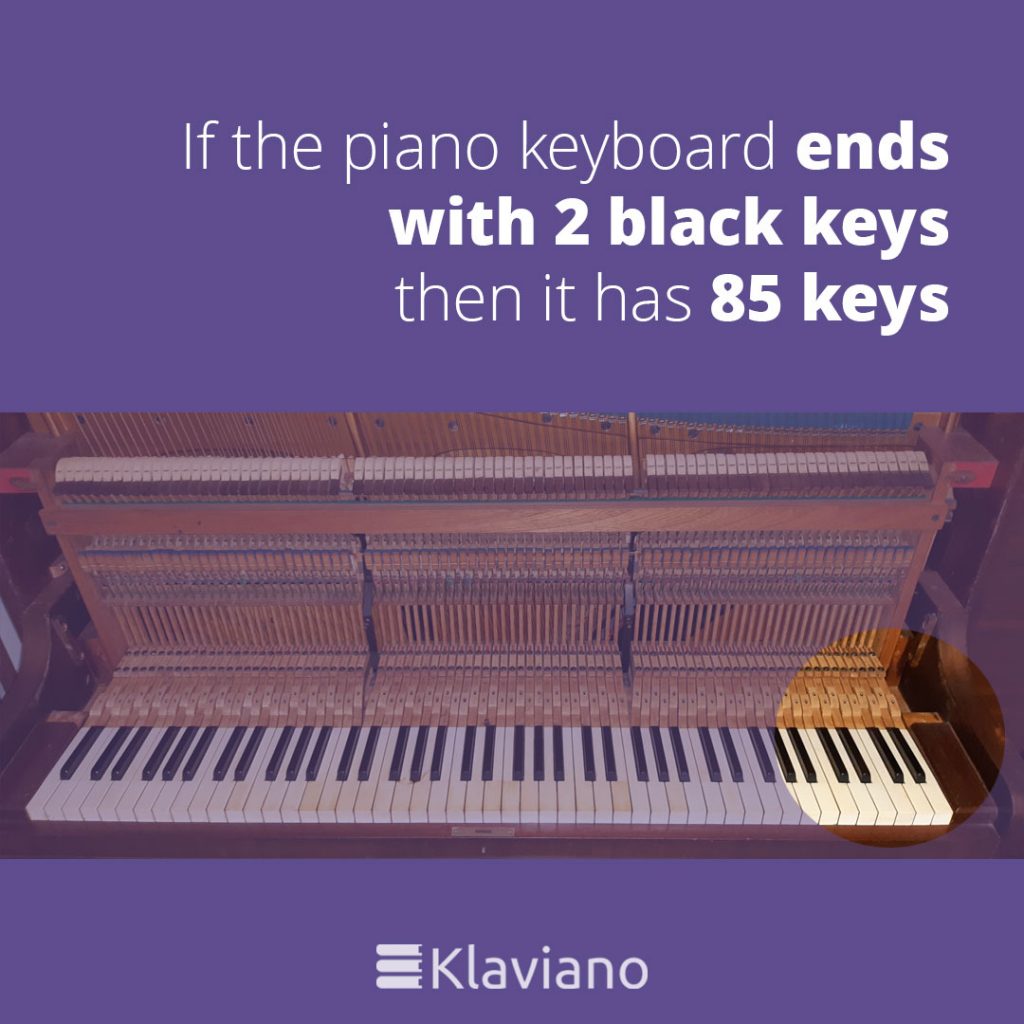
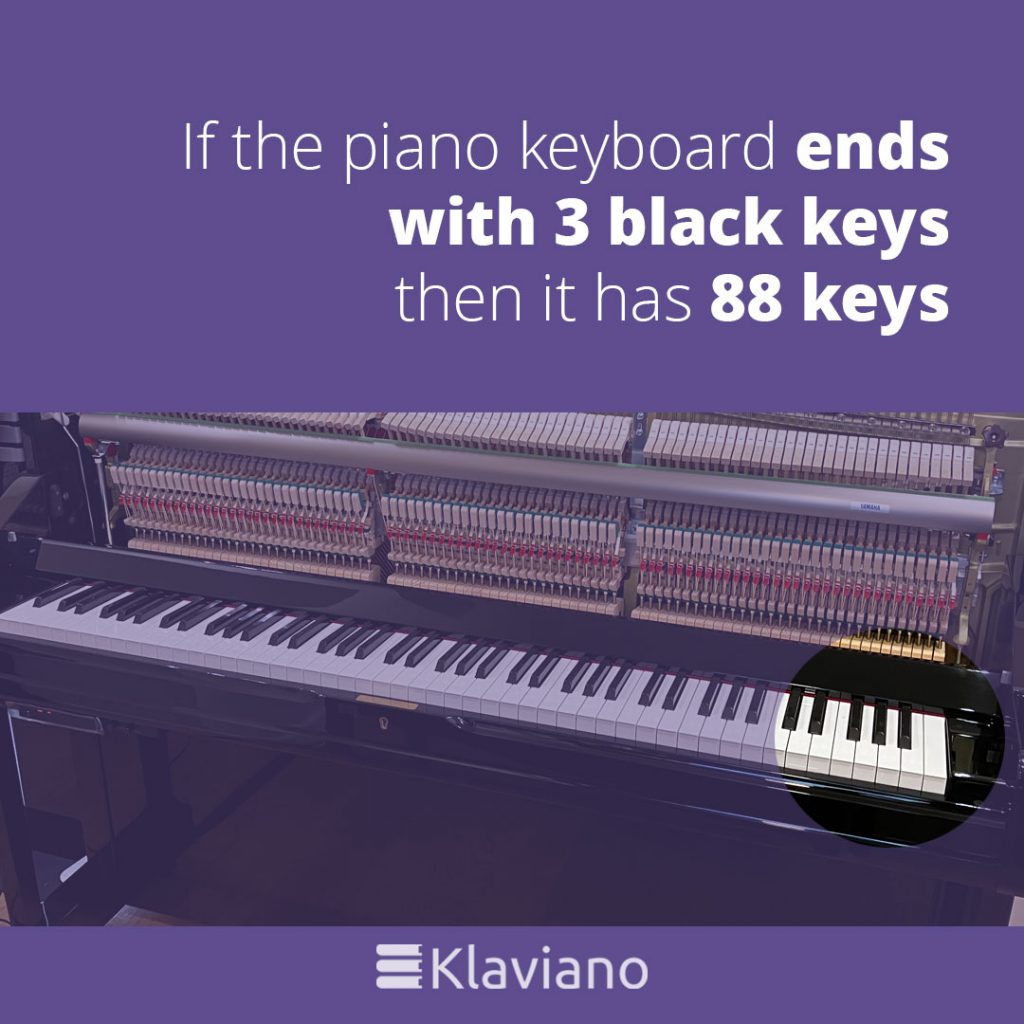
7. Has the piano been renovated? What condition is it in?
Renovation of pianos is a very broad concept. It can be a professional renovation, i.e. carpentry work, finishing of the case, replacement of old parts with new ones, etc. However, behind “renovation” can also be a budgetary service, which does not include anything but the repair of external, visible damage, while preserving old parts and mechanisms. In both cases, sellers often describe their grand piano as restored, but objectively they do not have the same value. Unfortunately, there is no industry standard for the term restoration/renovation/repair. If you are buying a used Steinway grand piano after renovation, it is worth asking for details of exactly what work has been done.
8. Verify the reputation of the seller
Be careful when buying a Steinway piano at a bargain price. If the price of a piano is low, this is usually due to the genuinely low value of the piano. Perhaps it needs expensive refurbishment? If you have no experience and are not sure if the piano is in as good condition as the seller says, we advise you to find a trusted expert and ask them for help with pricing the piano. A board of a qualified technician can save you thousands of zlotys spent on a piano that is not worth it.
Always remember to make sure that the person or company you buy a piano from is reliable. We recommend verified sellers on our website and Klaviano professional piano salons.
9. Can you buy the Steinway piano without testing it?
Yes, you can, but we recommend that you try the piano if you can. You can also hire a specialist to do it for you. Steinway grand pianos are made by hand and even the new Steinway upright pianos produced today differ in tone and sound. These differences are even greater when you consider the evolution of Steinway piano production over the years.


